
Over 280 million comments were submitted on the draft Resolution amending and supplementing several articles of the 2013 Constitution. (Illustrative image)
Minister of Justice Nguyen Hai Ninh, on behalf of the Government, has just submitted a Summary Report on the results of soliciting opinions from the people, sectors, and levels on the draft Resolution amending and supplementing a number of articles of the 2013 Constitution to the Committee for drafting amendments and supplements to a number of articles of the 2013 Constitution.
The consultation process was conducted in a serious, open, and democratic manner.
The government assesses that, fundamentally, the process of soliciting opinions on the draft Resolution was implemented seriously, openly, democratically, scientifically , and on schedule by ministries, sectors, and localities, closely adhering to Plan 05/KH-UBDTSĐBSHP of the Government's Committee for Drafting Amendments and Supplements to the 2013 Constitution, as well as the directives of competent authorities during the process of soliciting public opinion. The process of soliciting opinions strictly followed the directives of competent authorities; ensured the leadership of Party committees at all levels; emphasized the responsibility of heads of agencies and organizations; and promoted coordination among agencies and organizations.
The methods used to gather opinions are diverse and varied, including organizing conferences, seminars, and forums to collect feedback on different scales (such as at the commune, district, and provincial levels, and in affiliated agencies and units); establishing specific addresses to receive public feedback from various sources; and assigning agencies and units to develop in-depth thematic discussions on relevant content in the draft Resolution.
In particular, some localities have adopted good and innovative approaches, such as creating online sections where citizens can provide feedback via Google Forms and email, and developing questionnaires to gather opinions from union members, association members, and citizens who come to the reception and results delivery department to provide feedback on the draft Resolution.
Some localities have organized thousands of conferences, seminars, and forums to gather opinions from stakeholders within their jurisdiction, as well as experts and scientists. Many ministries, sectors, and localities have proactively and actively implemented the opinion-gathering process in a broad, democratic, scientific, and transparent manner.
In particular, soliciting opinions through the VNeID application has facilitated public participation in contributing ideas, ensuring transparency, democracy, comprehensiveness, and substance. It has helped mobilize the intellect and dedication of all segments of the population, organizations, experts, and scientists both domestically and internationally, shortening the time required to gather and synthesize public opinions on the draft Resolution.
The process of gathering feedback is generally on schedule, with some ministries, sectors, and localities submitting reports ahead of schedule (May 30, 2025). Accordingly, the total number of comments from agencies, organizations, and individuals on the draft Resolution is 280,226,909.
The opinions expressed showed a very high level of approval for the draft Resolution (all contents received an approval rate of over 99%). On average, the approval rate for the contents of the draft Resolution was 99.75%.
The proposal suggests incorporating and revising many contents of the draft Resolution.
Based on the consolidated results of public and sectoral feedback on the draft Resolution, the Government proposes the following revisions and amendments to the draft Resolution:
Regarding the Vietnam Fatherland Front and socio-political organizations (amending and supplementing Article 9 of the 2013 Constitution), the majority of opinions agreed with the draft Resolution stipulating that "the Vietnam Trade Union, the Vietnam Farmers' Association, the Ho Chi Minh Communist Youth Union, the Vietnam Women's Union, and the Vietnam Veterans' Association are socio-political organizations directly under the Vietnam Fatherland Front." The Government concurred with the vast majority of opinions agreeing with the provision in the draft Resolution, which is also the opinion of the Central Committee of the Vietnam Fatherland Front and the Committee drafting amendments and supplements to some articles of the 2013 Constitution.
Regarding the Vietnam Trade Union (amendment and supplementation of Article 10 of the 2013 Constitution), the Government basically agrees with the amendments to Article 10 of the Constitution in the draft Resolution. Accordingly, the Vietnam Trade Union is a socio-political organization of the working class and laborers, directly under the Vietnam Fatherland Front…
Regarding the right of socio-political organizations to submit draft laws and ordinances (amendment and supplement to Clause 1, Article 84 of the 2013 Constitution), in agreement with many opinions from ministries, sectors, and localities, the Government believes that the submission of draft laws and ordinances reflects the democratic rights of socio-political organizations and therefore should be expanded.
Therefore, the Government proposes that the central agencies of socio-political organizations have the right to submit draft laws to the National Assembly and draft ordinances to the Standing Committee of the National Assembly. Accordingly, it is proposed to amend and supplement the phrase "central agencies of member organizations of the Front" in Clause 1, Article 84 of the 2013 Constitution to "central agencies of socio-political organizations".
Regarding the organization of administrative units (amendments and additions to Article 110 of the 2013 Constitution), the Government agrees with the amendments and additions to Article 110 of the Constitution in the draft Resolution to institutionalize the policy of streamlining the organization and apparatus of the political system according to Resolution No. 60-NQ/TW. However, the Government proposes to retain the provision in Clause 2, Article 110 of the 2013 Constitution on "The establishment, dissolution, merger, division, and adjustment of administrative boundaries must take into account the opinions of the local people and follow the procedures prescribed by law" to ensure the people's right to self-governance, serving as a basis for people to openly and democratically discuss important issues directly related to them.
The government unanimously agreed to amend and supplement Articles 111, 112, and 114 of the 2013 Constitution to stipulate that local government organizations include People's Councils and People's Committees; to avoid using the term "local government level" to ensure uniformity in the model of local government organization, preventing confusion and different interpretations of local government organization; and to review and revise some regulations to conform with the organizational model of the political system after restructuring and streamlining.
Regarding the right to question the Chief Justice of the People's Court and the Chief Procurator of the People's Procuracy (concerning the amendment and supplementation of Clause 2, Article 115 of the 2013 Constitution), the Government proposes to maintain the current provision in Clause 2, Article 115 of the 2013 Constitution (no amendment or supplementation), specifically: "Members of the People's Council have the right to question the Chairman of the People's Committee, other members of the People's Committee, the Chief Justice of the People's Court, the Chief Procurator of the People's Procuracy, and heads of agencies under the People's Committee…".
This regulation ensures the right to supervise compliance with the Constitution and laws at the local level, including the supervision of the activities of the People's Courts, the People's Procuracy, and other state agencies in the area. It ensures a mechanism for controlling state power among agencies, organizations, and authorized individuals at the local level, contributing to increased transparency and democracy in the operation of the state apparatus.
The results of the feedback from the people, various sectors, and levels show that many opinions suggest continuing to maintain this mechanism and adjusting it to stipulate that provincial People's Council representatives have the right to question the Chief Justice of the People's Court and the Chief Prosecutor of the People's Procuracy at the provincial and regional levels.
The government also agreed to set the effective date of the Resolution amending and supplementing a number of articles of the 2013 Constitution as July 1, 2025, in order to create a constitutional basis for implementing the Party's policies in Resolution No. 60-NQ/TW. At the same time, they agreed to stipulate the declaration of the termination of the operation of existing district-level administrative units nationwide.
Dieu Anh
Source: https://baochinhphu.vn/tren-280-trieu-luot-y-kien-gop-y-vao-du-thao-nghi-quyet-sua-doi-hien-phap-nam-2013-102250606110105076.htm


![[Image] Vietnam's colorful journey of innovation](/_next/image?url=https%3A%2F%2Fvphoto.vietnam.vn%2Fthumb%2F1200x675%2Fvietnam%2Fresource%2FIMAGE%2F2025%2F12%2F14%2F1765703036409_image-1.jpeg&w=3840&q=75)





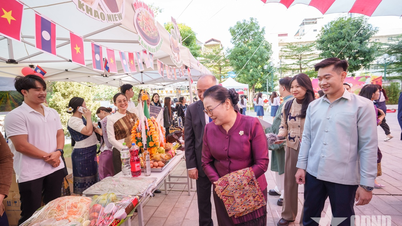

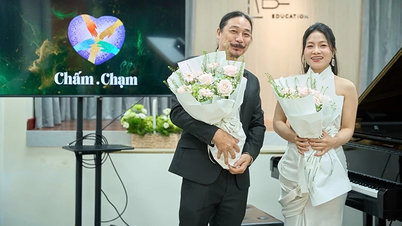

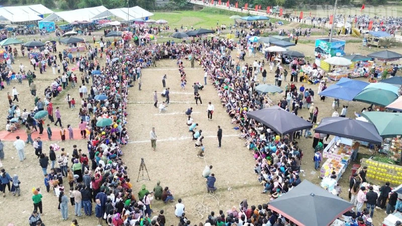



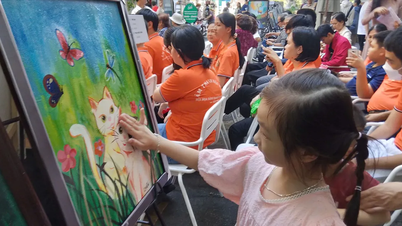





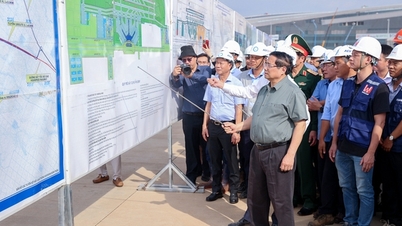
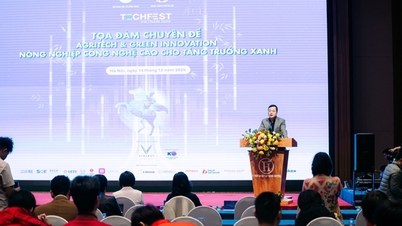


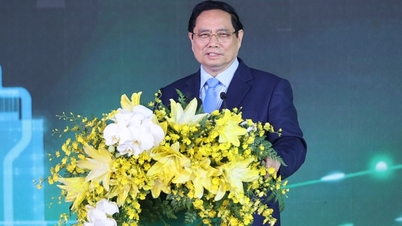


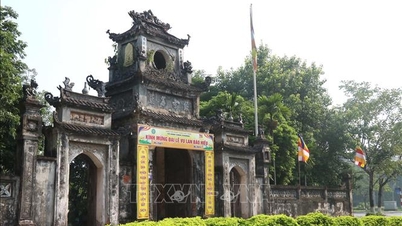

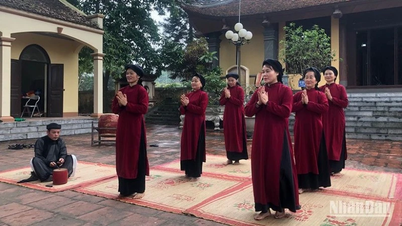
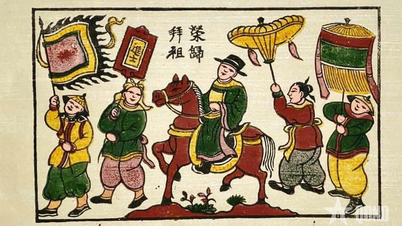


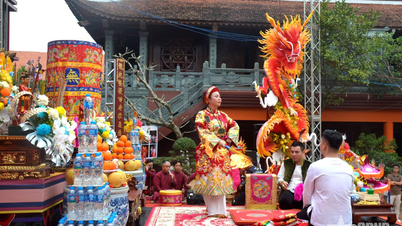



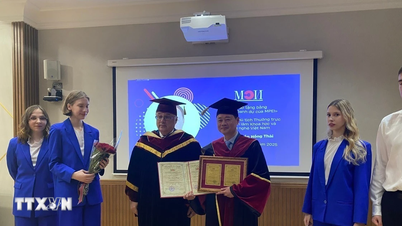




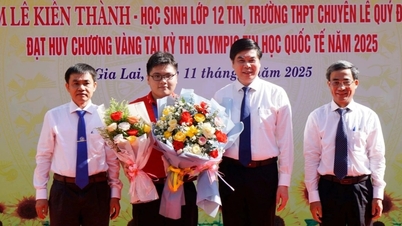














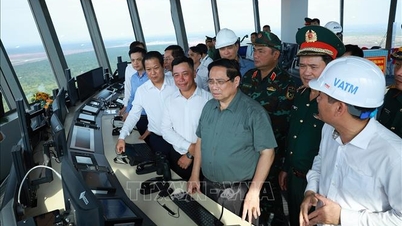





![[Image] Vietnam's colorful journey of innovation](https://vphoto.vietnam.vn/thumb/402x226/vietnam/resource/IMAGE/2025/12/14/1765703036409_image-1.jpeg)






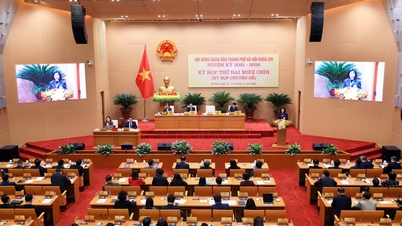

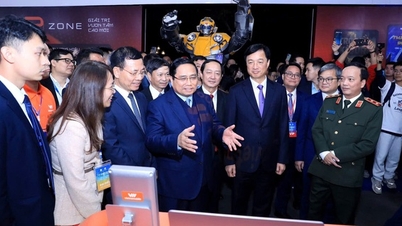

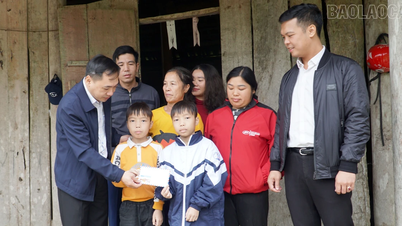























Comment (0)